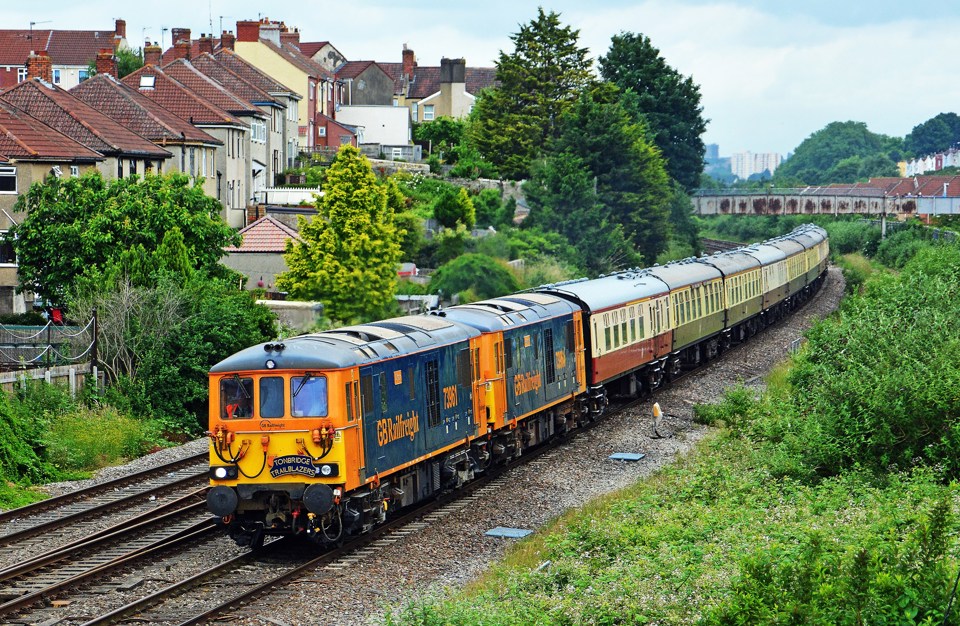Network Rail proposals to cease using coaches not fitted with controlled emission toilets could cripple the special trains industry, charter promoters and operators have warned.
The comments have come in response to an NR consultation on ending the use of rolling stock that drops toilet waste on the track, which the infrastructure company wants to see phased out by December 2019. Franchised services are already due to end the practice over a similar timeframe, and NR has suggested that commitments to making the changes should be incorporated into renewed charter Track Access Contracts from this summer.
Britain’s special trains industry still relies heavily on former BR Mk 1 and Mk 2 coaches that are not fitted with retention toilets, and a cost estimate from NR based on diesel multiple units has put the price of conversion at up to £20,000 per vehicle. In addition to conversion costs, resistance from within the charter market has also centred on the difficulties and expense of servicing the toilets once fitted.
- For more on this, read RAIL 803, published on June 22.
- For the impact on the steam market, Read RAIL's sister title Steam Railway, out now.


















John Morris - 21/06/2016 06:15
People could see this coming 20 years ago - and it is a welcome change from spraying punters from passing trains. BR did some rather depressing tests on this - named, I recall 'Tests to determine the viability of airborne faecal matter'. This is one change that shouldn't be disputed. Anyone in the charter business or leascos without retention tanks should have started to make financial provision years ago.